Determine when the noise first appears, and where it is coming from (front, back, left, right, and the direction you are steering the car) before beginning your search for a clicking sound. Have a helper travel along in the back seat to provide a fresh viewpoint on the noise’s source if you are having trouble pinpointing the location where it is being created.
To prevent further damage and a potential breakdown, action must be taken quickly after a clicking sound has been heard.
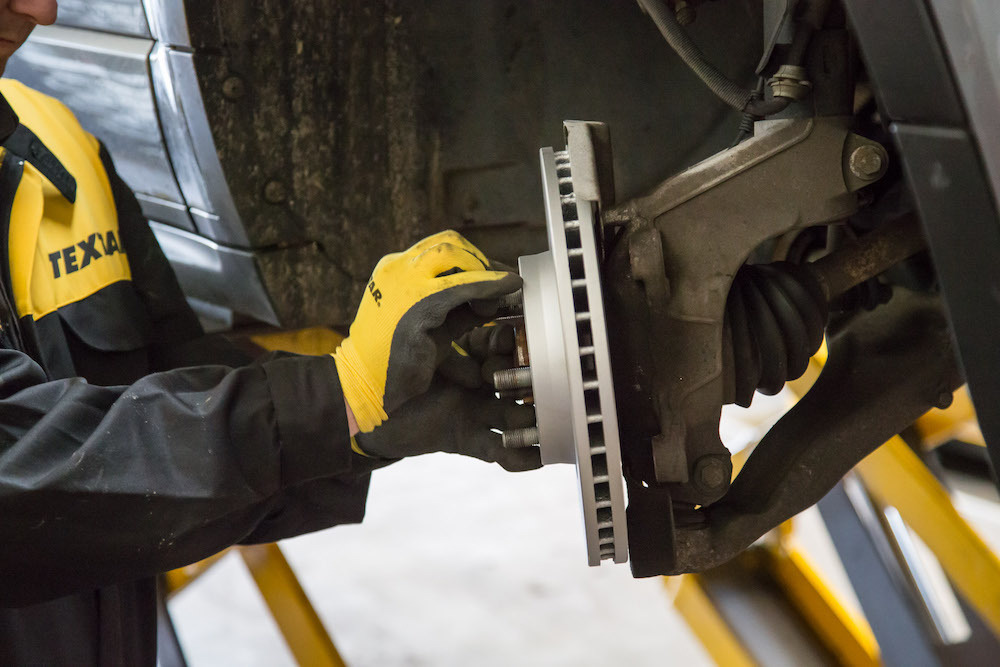
Some clicking sounds, such as those made by electrical relays, emergency flashers, turn signals, and the air conditioner when it is first turned on, are common. The most frequent clicking sound while turning issues are listed below.
Table of Contents
Here I will show you the top 11 reasons behind the clicking sound when turning the steering wheel:
The steering wheel warning beeps when turning to warn of problems with the car for many reasons. Here I will reveal to you the ultimate 11 causes/solutions for the clicking sound when turning the steering wheel.
- CV Joint Failure
- Lack of Power Steering Fluid
- Low-quality fluid
- Unreliable Steering Rack
- Defective Struts
- Failure of the bearing hub
- Unstable Wheel Lugs
- Broken Sway Bar Links
- Tire pressure too low
- Inadequate Power Steering Fluid
- Air Bubbles, Water, and Contaminants in the Power Steering Fluid
1. CV Joint Failure
To distribute engine power to the wheels, most cars have four or more CV joints. When these joints wear down, they will generate a clicking sound when turning the steering wheel, which will be audible more when turning right or left or speeding up. Additionally, when accelerating and making tight turns, they may become stuck.
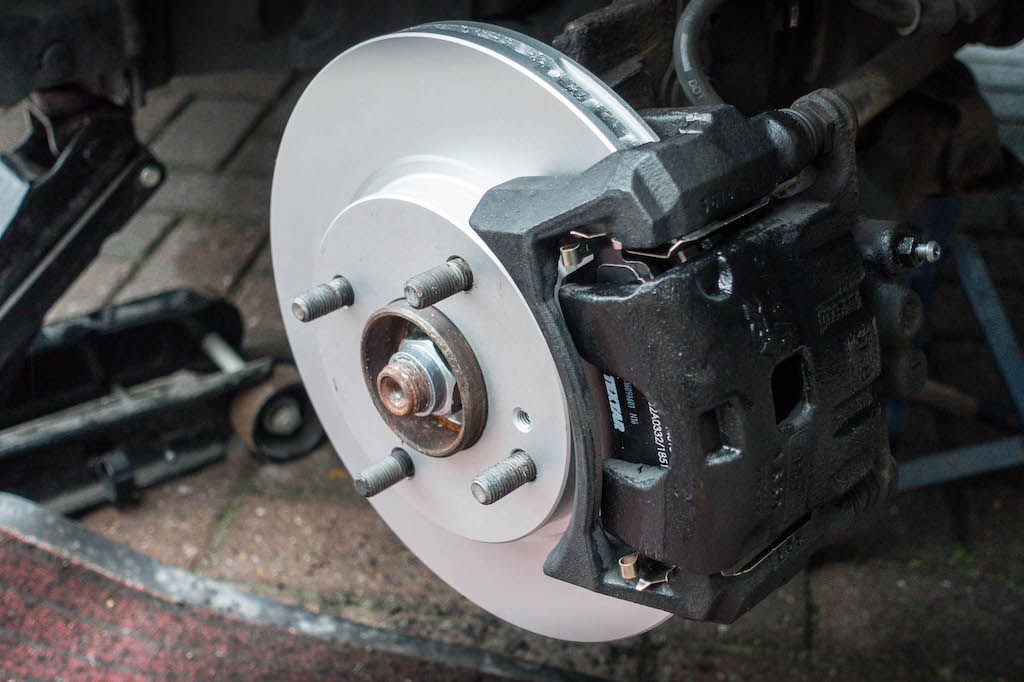
As a result, the front suspension may vibrate, which is transmitted to the car. Lack of lubrication may be the cause of this issue, or the CV joint may simply be beyond repair due to wear and use. There are two solutions to this issue. The suggested option is to replace the complete axle. Or you can just get the CV boot kit if you want to try and save some money.
2. Lack of Power Steering Fluid
One of the main reasons for a clicking sound when turning the steering wheel when stationary is low power steering fluid. Most vehicles with rack and pinion steering have a circular steering system that is connected to the gearbox by a metal rack. A tie rod helps convert the steering’s circular motion into linear motion. High-pressure fluid lubrication is essential for the system to operate without a hitch.
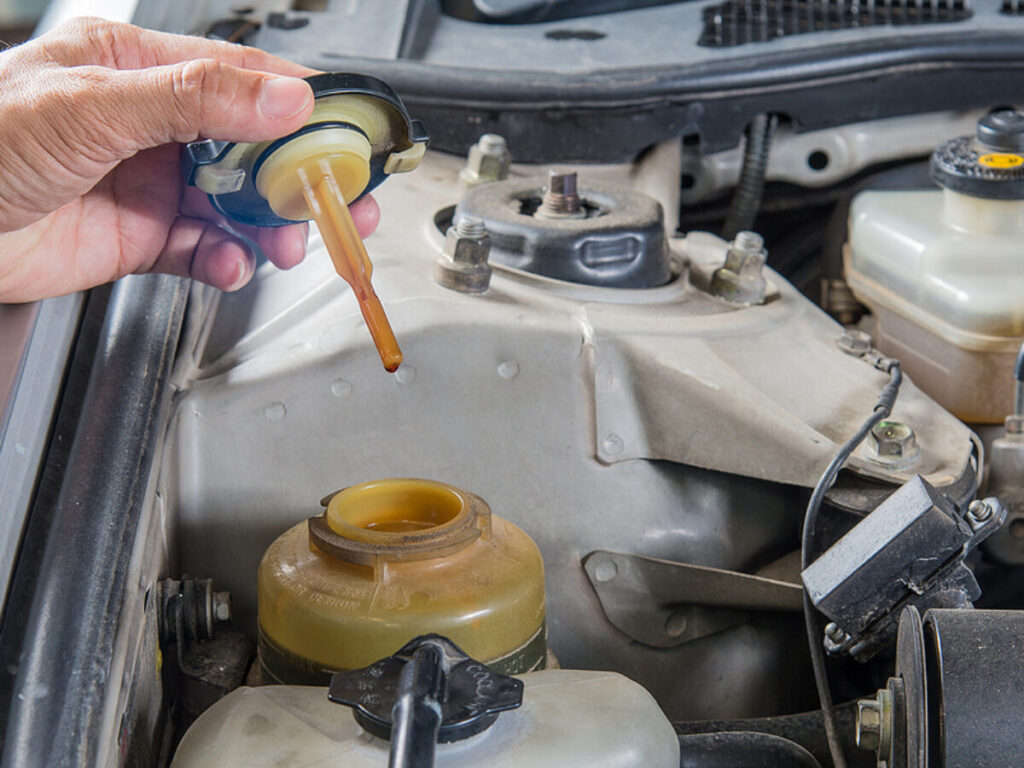
3. Low-Quality Fluid
You could hear a clicking sound when turning the steering wheel of a stopped car. This sign shows that you’re using the wrong lubricant. Today, most automakers design vehicles that can only be lubricated with a specific kind of substance based on the chemical composition of the precise minerals that are optimal for doing so. Manufacturers typically choose Pentosin, Dextron, and P/S fluid among other lubricants. By utilizing the wrong power steering lubricant, the entire power steering system is damaged.
4. Unreliable Steering Rack
Even more serious issues than low steering fluid or a leaky steering system can often be indicated by a car clicking sound when turning the steering wheel. It’s possible to have a bad steering rack after an accident or if you haven’t serviced your car in a while. When you rotate the tires from one end to the other, a bad rack typically knocks in pauses. Clicking noises are a sign of damaged or mounting struts.
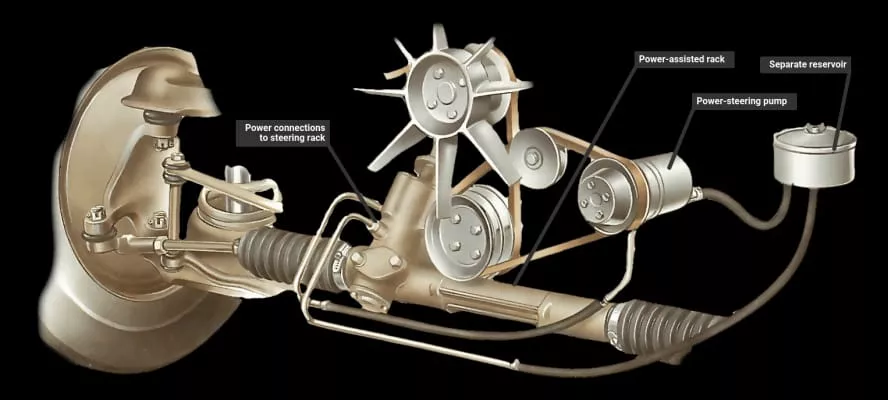
5. Defective Struts
When your car’s suspension isn’t working properly, steering can be quite challenging, especially when stopped or moving slowly. The steering system uses the suspension of the car to turn the wheels. Therefore, poor suspension and defective struts put stress on the steering system, which could harm its mechanics. When your car produces a noise when turning right but not left, it means your tie rod end and ball joints are worn out. The car’s tires turning causes quick weight shifts, which cause the clicking sound when turning the steering wheel.
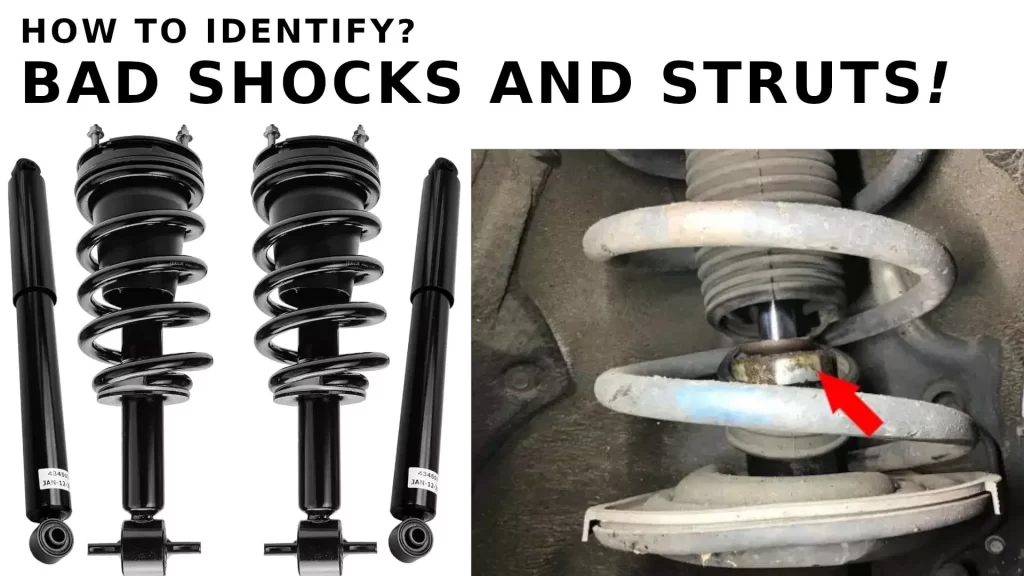
6. Failure Of The Bearing Hub
An axle hub bearing supports the weight of your car while yet allowing the wheels to turn. A clicking noise may be heard when turning and traveling straight when an axle-bearing hub breaks. This bearing will wear out frequently if your truck has big tires. As you steer the car left or right, the noise could change.
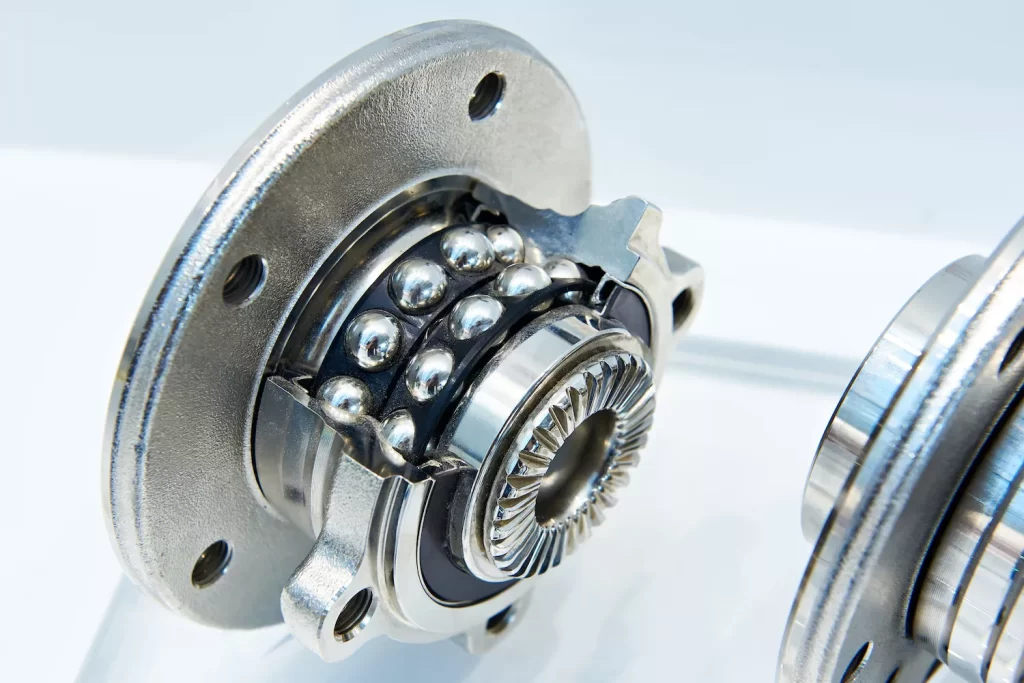
7. Unstable Wheel Lugs
Lug nuts are used to secure your car’s wheels to the axle or braking rotor. The wheel rim might move slightly when these lugs become loose, which produces a clicking sound when turning the steering wheel. Verify the tightness of the lug nuts on each wheel using a torque wrench or breaker bar. Most lug nuts need to be tightened between 80 and 90-foot pounds (convert ft-lbs to in-lbs) when using a torque wrench. The wheel may be able to come off while harming the rim or wheel studs if the lug nuts have been loose for an extended period.
8. Broken Sway Bar Links
Sway bars are a common feature of cars, and they accomplish exactly what their name suggests: help to regulate the sway of the car when cornering. This sway bar has links on either side, and the ends of each link have rubber insulators. When these insulators degrade, the metal of the link can meet the control arm or sway bar and generate a clicking sound when turning the steering wheel. Inspect your car’s sway bar linkages to look for this issue in both the front and rear.
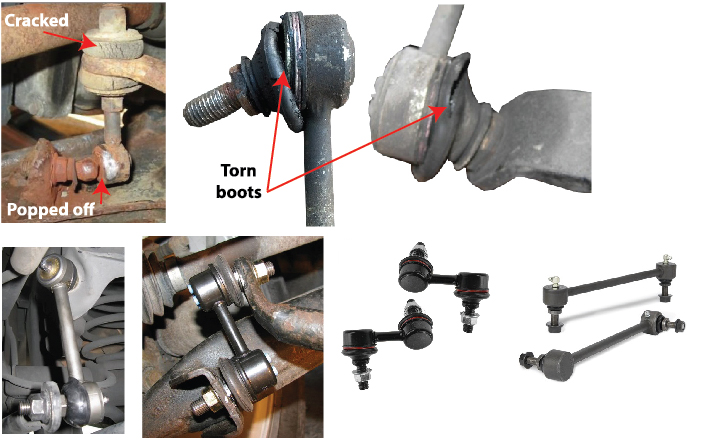
9. Tire Pressure Too Low
Low tire pressure can also make the steering wheel click when turned to the left or right when the vehicle is still. A car’s weight distribution becomes unbalanced when its tires are underinflated. As a result, the steering system is uncomfortable when attempting to change the direction of the tire, which results in intense tension and vibrations.
10. Inadequate Fluid Reservoir
A low power steering fluid level is a cause of a whining noise when turning steering wheels when stationary. The power steering system uses a pump to allow fluid to flow for smooth steering. When the fluid is low, air will begin to circulate through the steering mechanism and make strange clicking sound when turning the steering wheel.
Most cars that use rack and pinion steering systems include a circular steering that is connected to the transmission via a metal rack. To prevent this, simply fill your fluid reservoir with power steering fluid.
11. Air Bubbles, Water, and Contaminants in the Power Steering Fluid
Power steering fluid that’s dark, dirty, or has a burnt fragrance usually denotes a issue. Typically, the existence of any impurities or air in the power steering fluid decreases its ability to lubricate the power steering system optimally.
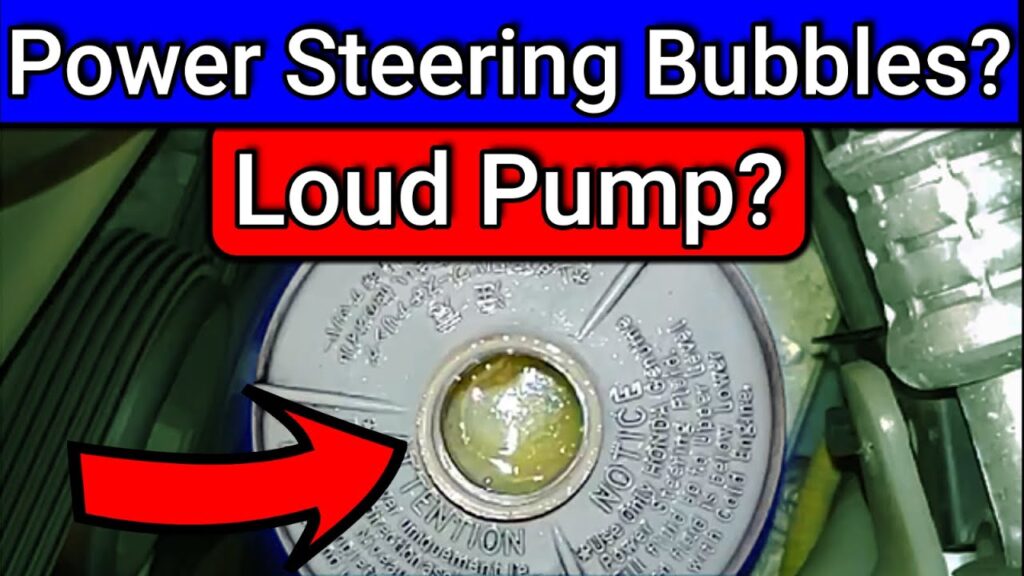
If this liquid becomes contaminated, it is corrosive and acidic. The corrosive liquid will cause the seals to rupture and eventually leak. Therefore, mechanical parts of the system are subjected to tension, friction, and pressure impacts that cause noise when turning the steering wheel while stationary.
FAQ Regarding Clicking Sound When Turning The Steering Wheel
Q. 1) Why does my steering wheel make a clicking sound when I turn?
Any noise such as a squeak, click, or rumble when turning is usually due to a faulty constant velocity joint. Constant velocity joints allow the front wheels to get power to move.
Q. 2) What is the other reason behind the clicking sound when turning the steering wheel?
Here we describe the technical causes of hurdles and noises when turning the steering of a stationary vehicle.
1. Low power steering fluid
2. Wrong lubrication fluid with poor quality
3. Leaking steering pumps
4. Defective steering rack
5. Faulty struts and improper suspension
6. Broken or worn-out power steering belt
7. Impurities or air in the power steering fluid
8. Worn-out tires
9. Low Tire Pressure
10. Steering Pump Malfunctioning
Q. 3) Is it safe to drive when the steering wheel makes noise when turning?
If your car makes noises specifically when turning, the problem is almost certainly with the steering column. If your car’s steering wheel makes noise when you steer, it means that the steering system or suspension components cannot support the weight of your vehicle. The cause is usually wearing and tear. Driving with a defective steering wheel can be dangerous and can induce havoc in many ways.
Q. 4) Which type of sound indicates car troubles?
Certain vehicle noises indicate the need for immediate maintenance. We list eight standard warning sounds that indicate car troubles.
Chirping Engine
Clicking Steering Wheel
Clunking Hood
Grinding Brakes
Popping Turns
Rattling Wheels
Roaring Undercarriage
Roaring Undercarriage
Conclusion
Most of these techniques don’t require a mechanic. Using a mechanical toolbox, you can identify them and enjoy the satisfaction of doing the repairs yourself. Most clicking sounds made by your car’s steering wheel are caused by inadequate or subpar steering fluid. With the use of a dipstick, you can easily check the levels of your power steering fluid and replace them. When turning a vehicle when it is moving or stopped, a functioning power steering system makes no noise.
To determine which component to repair or replace, you may require a professional inspection from a licensed mechanic. Nevertheless, by lubricating your car’s mechanical components, you can minimize noise on your own.
- Bad Rack And Pinion Symptoms You Should Never Ignore - February 10, 2026
- How To Fix Exhaust Leak Properly Without Costly Mistakes - February 10, 2026
- Fuel Pressure Regulator Symptoms And How To Spot Failure Early - February 10, 2026


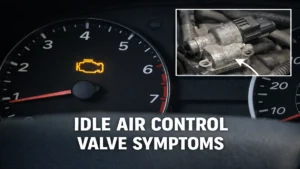
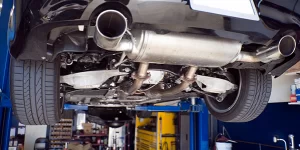
Wow, very complete and helpful!
I had the same problem with my 13 Civic.
After reading your post, checked my car myself carefully and found that the CV Joint was broken.
I gonna replace it tomorrow when the part is arrived.
Thanks for sharing.